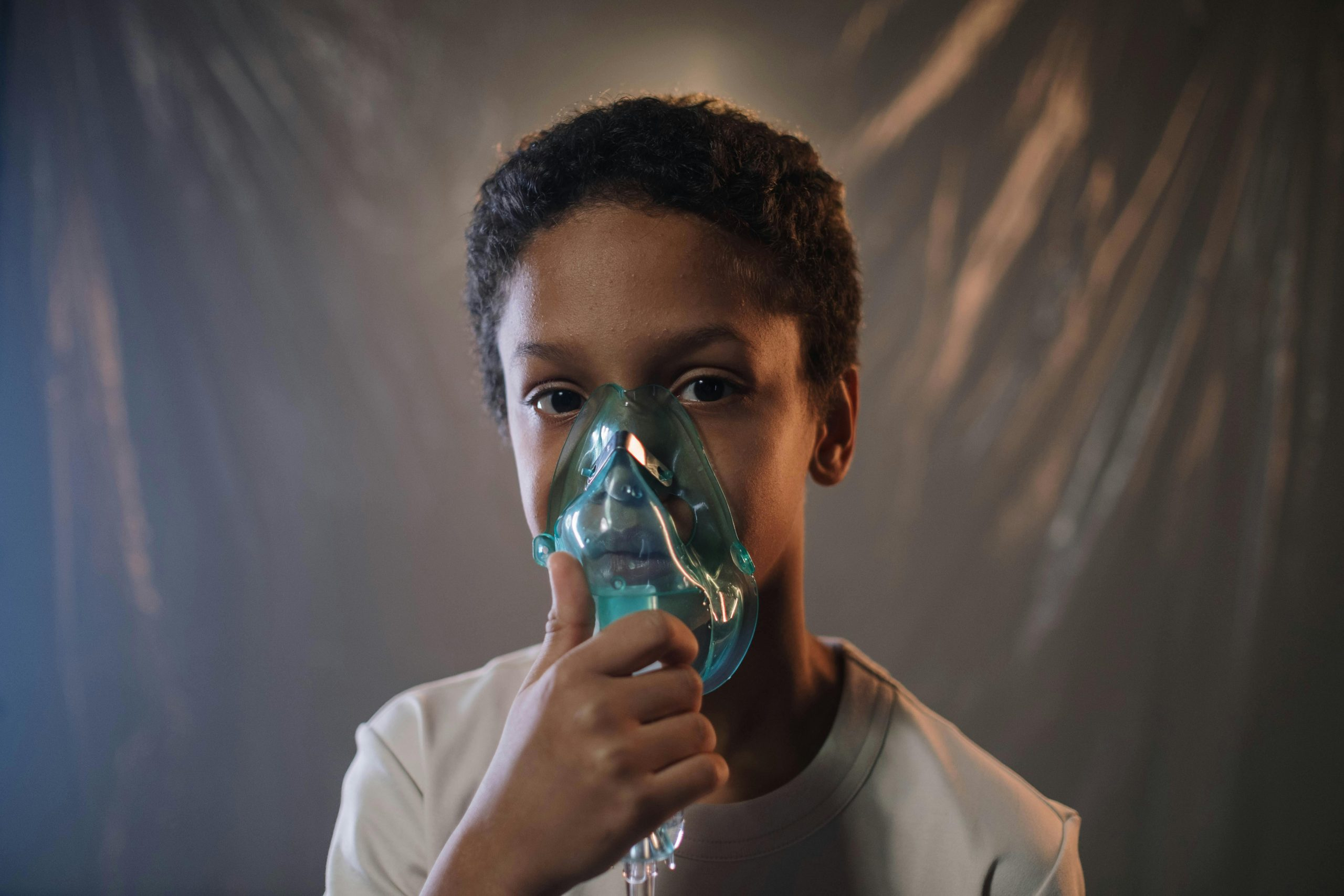Children’s Rights in Foster Care Systems
Children in foster care systems have the right to a safe, healthy, and loving environment, just like any other child. However, their circumstances may require additional safeguards to ensure their well-being. As the number of children in foster care continues to rise, it’s important to understand their rights and how they are protected within the system. This article will explore the essential rights of children in foster care and how they are upheld.
The Right to Safety and Stability
First and foremost, children in foster care have the right to safety and stability. This means they should be placed in a safe and nurturing home where their basic needs are met. The foster care system must ensure that each child’s placement is continuously evaluated to ensure their safety and well-being. Changes in placement can have a significant impact on a child’s mental health and development, so it’s vital that their placements are stable.
Regular Visits with Family
Another key aspect of safety and stability is maintaining a connection with their biological family. Children in foster care have the right to visit and communicate with their birth families, as long as it’s safe and appropriate. This helps children maintain a sense of identity and culture, and it also benefits their emotional well-being. It’s the responsibility of the foster care system to facilitate these visits and ensure they are happening regularly.
The Right to Education
Education is a fundamental right for all children, including those in foster care. Unfortunately, due to multiple placements and other adversities, foster children are often at risk of educational disruptions and gaps. To protect their right to education, foster care agencies must provide a stable school environment, including enrolling them in an appropriate school and addressing any learning or behavioral challenges.
Special Education Services
In some cases, children in foster care may require special education services. This could include therapy, specialized classroom settings, or individual education plans. It’s the right of the child to receive these services if they are necessary for their academic success.
The Right to Proper Health Care
Similar to all children, foster children have the right to proper healthcare. This includes regular check-ups, vaccinations, and any necessary medical treatments. Additionally, foster care systems should address the health needs of children who have experienced trauma, neglect, or abuse. Mental health services should also be available to support children who may be struggling emotionally.
The Right to Be Heard and Included
Children in foster care have the right to be included in decisions that affect their lives. This means they have the right to express their thoughts and feelings and have them taken into consideration. They also have the right to a social worker who will advocate for their best interests and ensure their voices are heard in court proceedings.
The Right to Be Treated with Dignity and Respect
Children in foster care, like all children, have the right to be treated with dignity and respect. They should be free from any discrimination or harassment. Foster care agencies must actively promote an environment that values diversity and supports cultural identity. Children should also be provided with appropriate clothing, hygiene products, and other essential needs to maintain their self-esteem and well-being.
The Right to Regular Contact with Siblings
Siblings play an essential role in a child’s life, especially when they have experienced trauma. Children in foster care have the right to maintain regular contact with their siblings, even if they are placed in different homes. This helps children maintain a sense of family and provides a support system for them.
In conclusion, children in foster care have the same rights as all children, with some additional protections and safeguards. It’s crucial that these rights are respected and upheld to ensure that children in foster care can thrive and reach their full potential. As a society, we must work together to support and protect the well-being of these vulnerable children.










